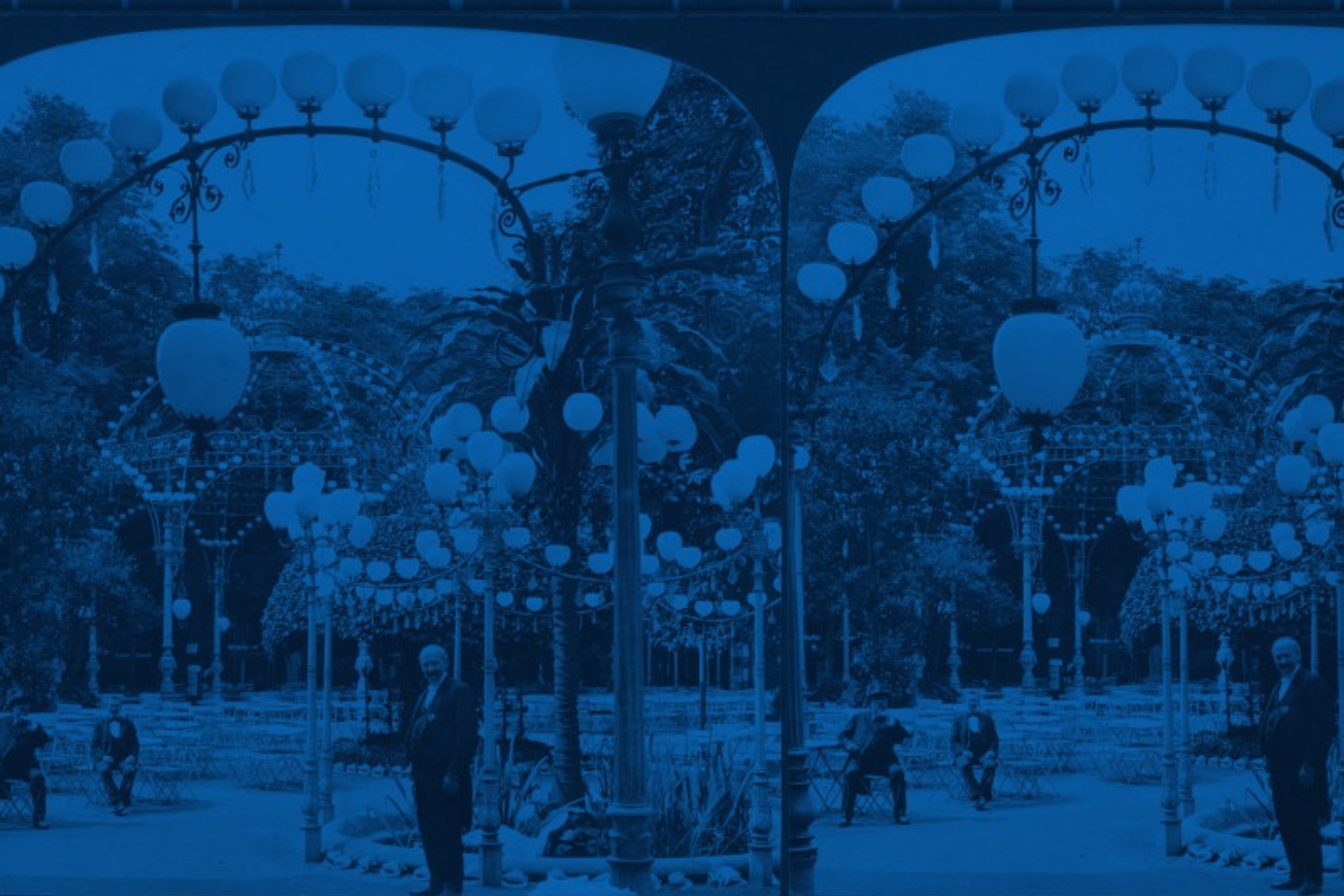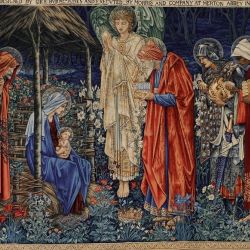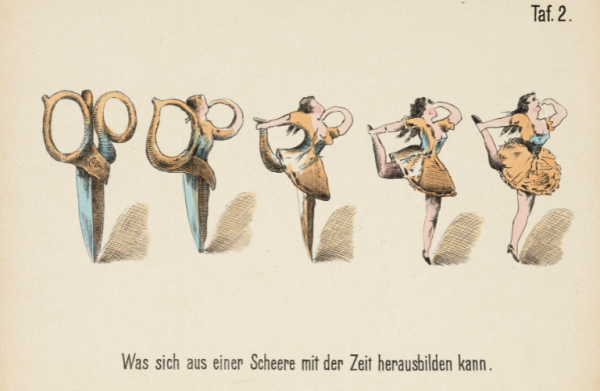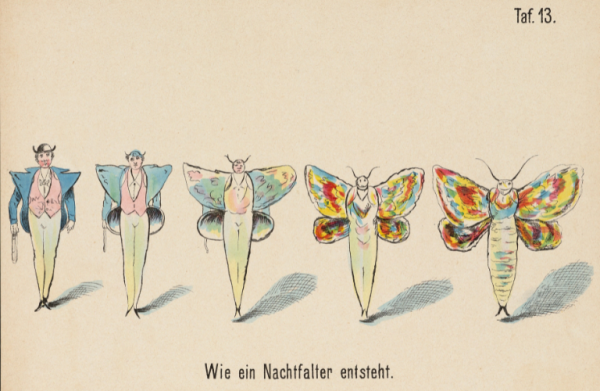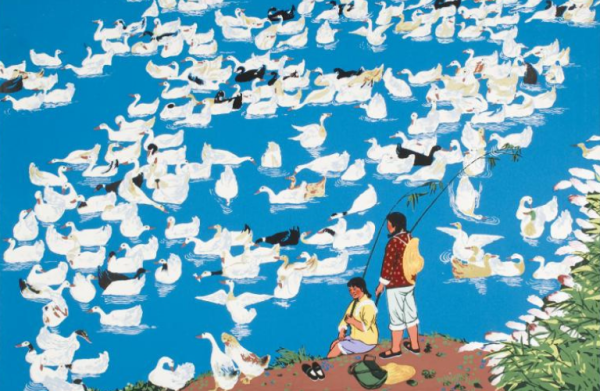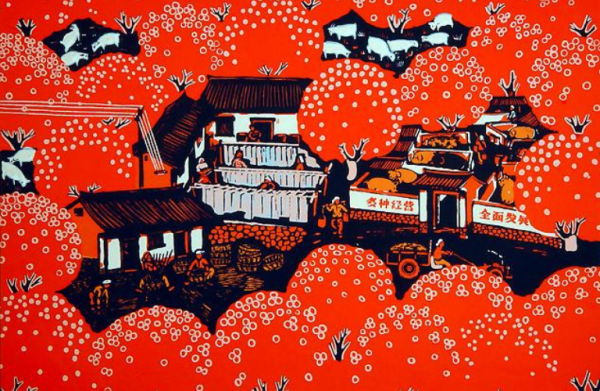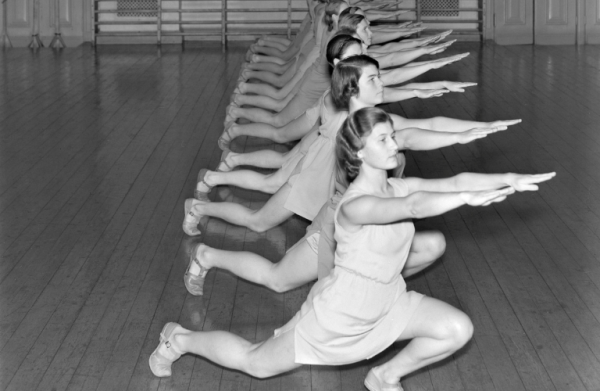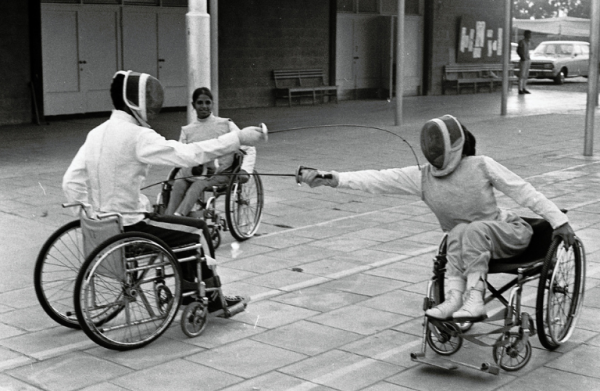
Introduction
2022 is a big year for the Europeana Foundation. As a key part of the European Commission’s digital decade, Europeana is at the heart of a common European data space for cultural heritage, which aims to accelerate the digital transformation of the cultural heritage sector and make more digitised cultural heritage available to all for reuse.
This needs high-quality, shareable data that’s accessible to our audiences in any of the 24 official EU languages, and data that can be used and reused in any number of ways. We’ll embrace artificial intelligence, machine-learning, automation and 3D to improve and enrich that data. And we’ll empower the cultural heritage sector’s digital transformation with digital skills and working processes so that it is efficient, effective and fit for the digital decade.
Led by a renewed Supervisory Board and Advisory Board, with a new chair for 2022, the Europeana Foundation will implement improvements to our organisational and hybrid working processes, and to professional development programmes for our employees, with the aims of safeguarding our staff’s health and wellbeing and further aligning our day-to-day work with the organisation’s mission. In all, making the Europeana Foundation more flexible and resilient, not just for the remainder of the pandemic, but for good.
The world we're building
Access to cultural heritage is vital to humankind - to our knowledge and understanding of who we are, where we’ve come from and what we can become. But our world continues to change. How we work, live and look after each other is being shaped by global health events, climate change, considerations on sustainability, and a wide societal drive for greater diversity and inclusivity.
It is in this context that the European Commission is making Europeana the basis for a common European data space. In 2022, we’ll combine our own organisational values with the European Commission’s digital principles to help shape the new common European data space and take steps towards creating the world we want.
The Europeana Foundation’s work promotes democratising access to and participation in digital heritage. It sees digital heritage put to good use, embracing and reflecting diversity, and ensuring inclusivity and sustainability. These themes run throughout our work and help us to contribute to a resilient, flexible, green and digital Europe.
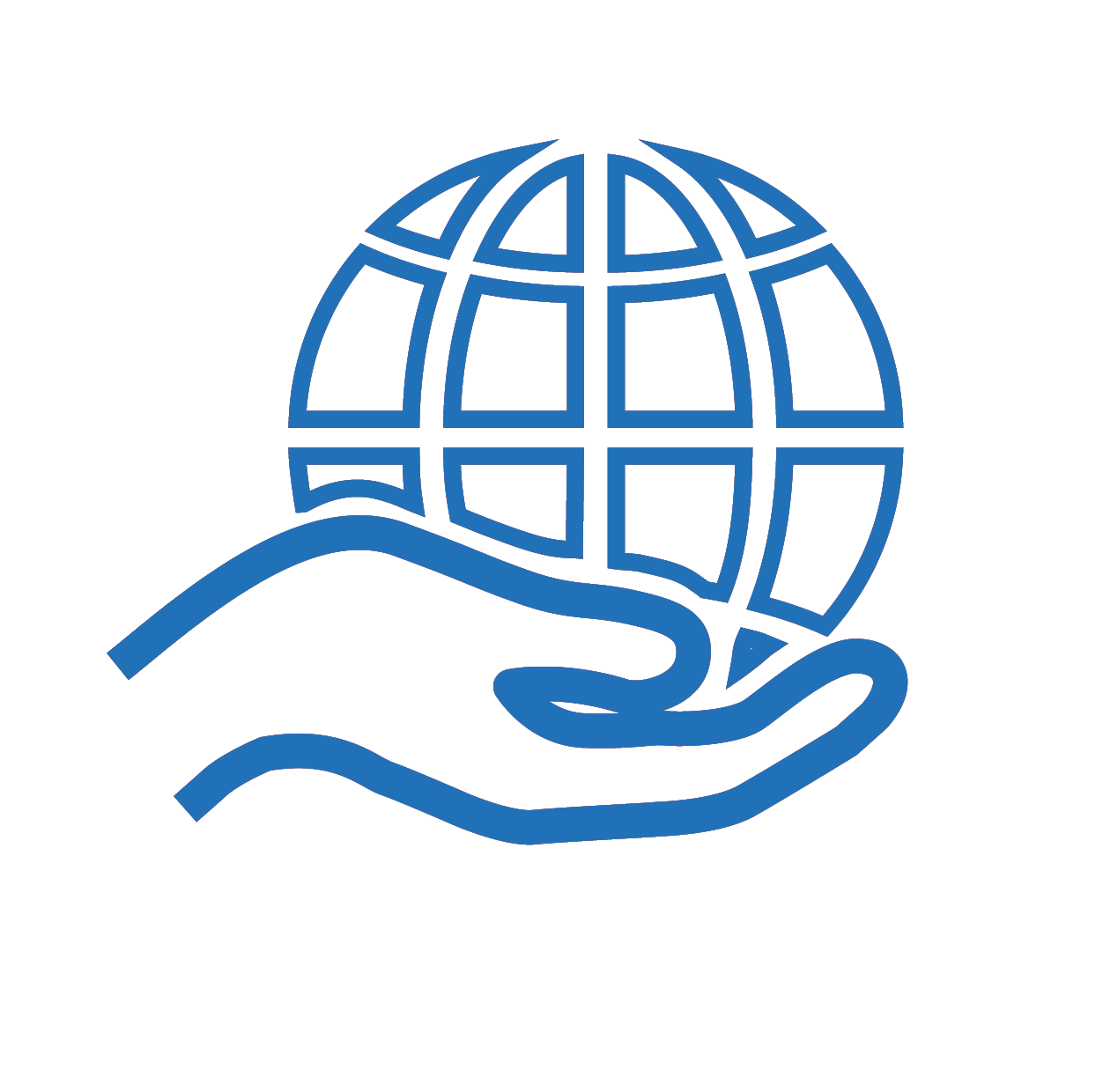
Diverse and inclusive
We want our data, stories, events and communities to be diverse and inclusive. We’ll showcase underrepresented communities, consider how we approach contentious content and develop Inclusive Engagement Guidelines.
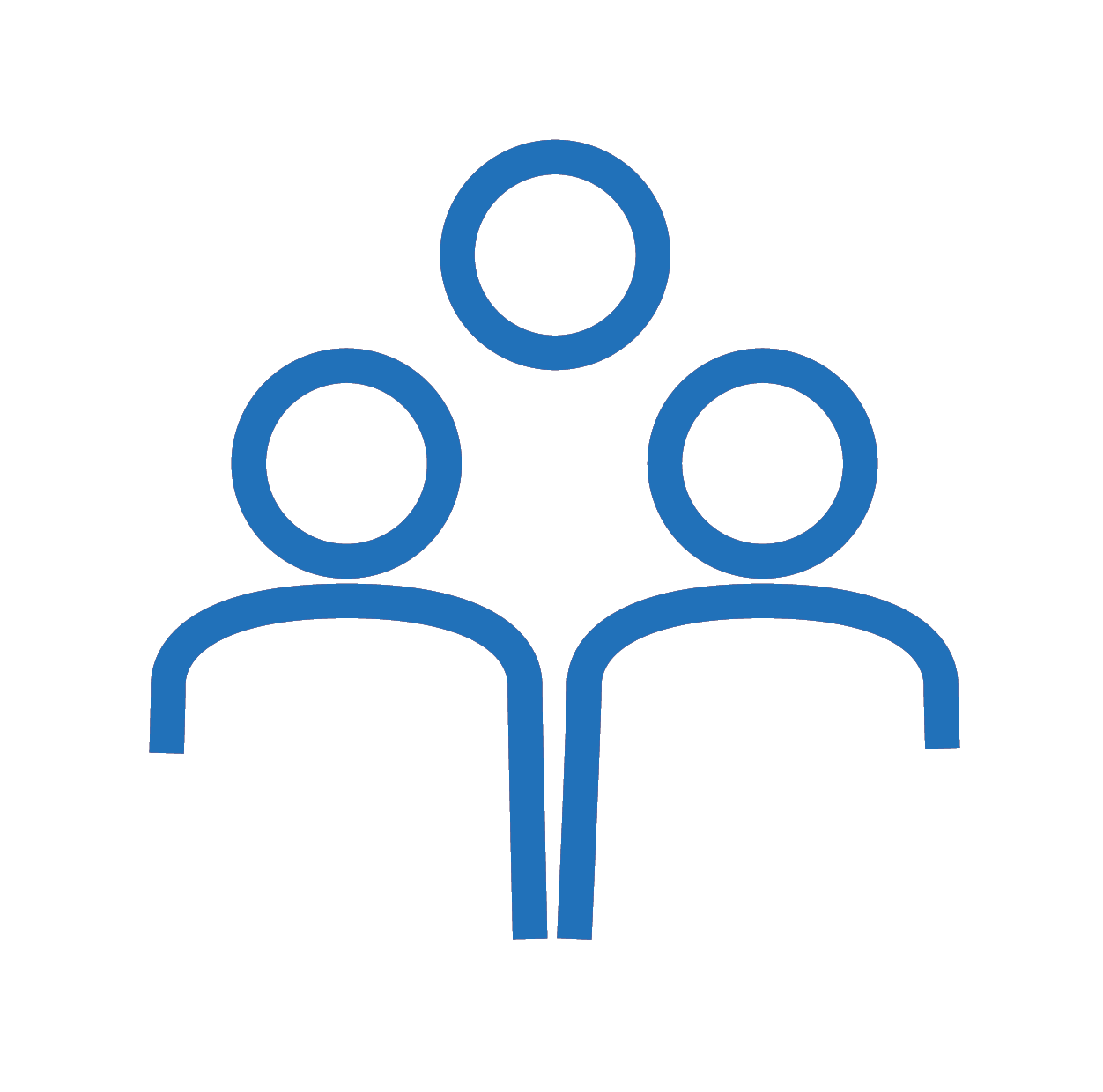
Participatory
We will set high standards for participatory practices on our platform, in our campaigns and in the cultural sector so that everyone can access, share, play with, contribute to and be enriched by digital culture.
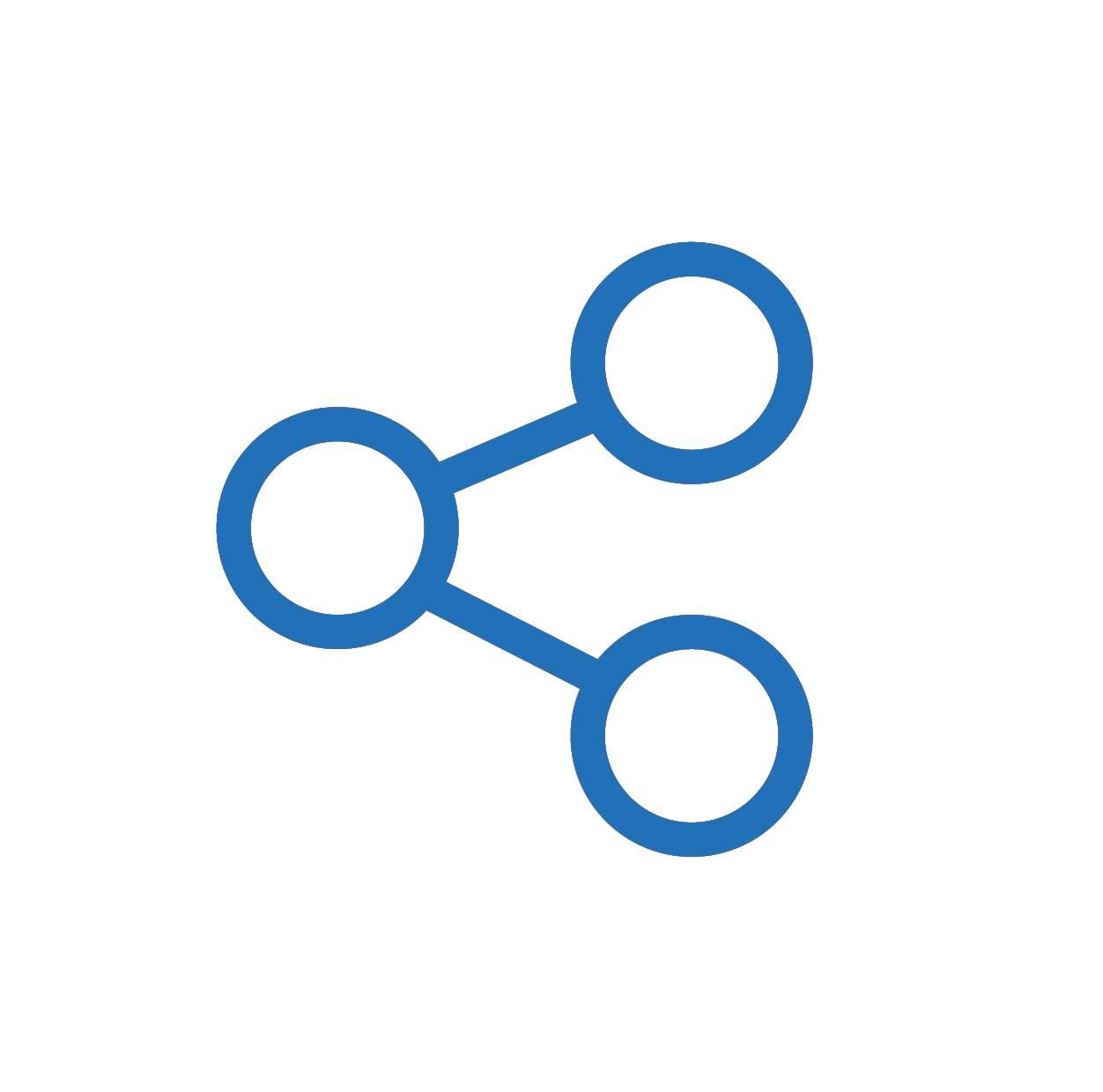
Collaborative
Collaborating with the sector, we’ll support its digital transformation, putting digital culture at the heart of society. Hybrid collaborative working will maximise our outputs and safeguard our staff and partners.
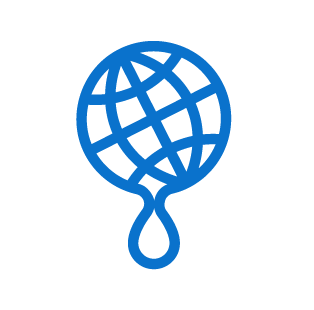
Climate action
We support climate action related to digital transformation. Guided by the Europeana Climate Action Manifesto, we will investigate reducing, off-setting and benchmarking our carbon footprint.
Projects for digital culture
Project working is where our collaborative ethos comes to the fore. Coordinated by the Foundation, 21 partners work together to deliver the Europeana service. We also participate in EU-funded projects (Generic Services and Horizon 2020 projects) to both develop the Europeana services and support cultural heritage institutions in their digital transformation. The scope and partners of these projects are many and varied, covering topics from aggregation to technological innovation, audience engagement and capacity-building.
What we're working on in 2022
The day-to-day work and priorities of the Europeana Foundation are directed broadly by the Europeana Strategy 2020-2025 and specifically by individual plans relating to the DSI and Generic Services projects. Below we highlight some of the upcoming activities relating to our focus areas of improving our aggregation infrastructure and data quality, reaching and engaging audiences and building capacity for digital transformation in the sector.
All of our activities are driven by the desire to create an inclusive, participatory and collaborative digital heritage world powered by a common data space for cultural heritage, while minimising our climate impact. We will look for every opportunity to make sure our day-to-day activities reflect and advance these themes.
The best data possible
The availability of high-quality, usable and accessible material is essential for digital cultural participation and reuse opportunities and sits at the heart of the European Commission’s common European data space for cultural heritage. To deliver this, we’re continually improving our aggregation infrastructure (to get material in) and data publishing process (to share it with the world).
Improving data quality
Our holistic approach to product and service delivery will provide cultural heritage institutions with an easy and rewarding process for contributing high quality data, and more automated approaches to the enrichment and publication of data, which will support both our partners and users.
Based on feedback from our networks and the 3D Content Task Force, we’ll refine and strengthen our definition of data quality as part of the Europeana Publishing Framework, concentrating on content and 3D.
To make 3D content more visible in Europeana, we’ll develop guidance to better label 3D materials and obtain a more accurate representation of this content in Europeana.
We’ll focus on reviewing and nurturing inactive data partners or aggregators, and set up a new Libraries Working Group to support national libraries. And we’ll continue to resolve broken links.
Collaborating with EuropeanaTech and global initiatives like IIIF, we’ll work on innovations for cultural heritage content interoperability. We’ll use crowdsourcing, artificial intelligence and our ‘entity’ concept to enrich Europeana items and support multilinguality, search and data quality.
Innovating our infrastructure
Guided by our Aggregation Strategy, we‘ll further develop our new family of products with Metis - our bespoke aggregation infrastructure - at its core. This will support data providers to test and publish their data more directly and to report on that data via the Data Statistics Dashboard.
We’ll integrate sustainable technologies, tools and content produced by Generic Services projects into the Europeana core platform.
Throughout all of this, we’ll keep a mindful eye on minimising our carbon footprint.
GOALS
- > 70% of data in content Tier 2+ (High quality content)
- > 50% of data in content Tier 3+ (High quality and reusable content)
- > 70% of data in metadata Tier A+ (High quality metadata)
- More than 2.6 million enrichments from Generic Services projects
- More than 525,000 new and updated records from Generic Services projects
ⓘ Find out more about the Europeana Publishing Framework tiers
Access for all
The Europeana website is at the heart of our audience engagement work and the culmination of our collaborative work with partners to showcase and connect their collections in a digital public space. It’s where people come to participate - to search, learn, explore and even to contribute their own stories.
Connecting with audiences
Highlighting captivating materials and stories, our high-quality editorial features help educators, researchers, culture lovers and creatives discover and explore digital cultural heritage. Promoted via social media and outreach channels, the editorial drives people back to the Europeana website to discover more. Our editorial themes provide links between Europeana collections and our audiences’ priorities - which we will explore in 2022 by reaching out to our users and collaborators - and will support wider campaigns such as Women’s History Month, the New European Bauhaus and the European Year of Youth. All embedded within the Europeana Foundation’s developing Diversity & Inclusion agenda.
Opportunities for such public participation and grass-roots activities in institutions will include the second edition of the Digital Storytelling Festival and the global GIF-making contest, GIF IT UP. While partnerships with the education sector will raise educators’ digital skills and capacity and see digital culture, accessible via Europeana, integrated into classrooms across Europe.
To encourage greater reuse of that same material, we’ll work on supporting API users with transparent documentation and personalised support.
Providing a rich experience
We want audiences to return more frequently and to stay for longer. So we’ll keep improving our searching, browsing and viewing experiences.
Guided by our Multilingual Strategy and our Search Strategy, and working with partners, we’ll make finding and learning about Europeana content easier in any of the 24 official EU languages.
A redesign of the homepage will make it easier to discover new content, and we’ll develop the user account functionality to make it more robust, accessible and easier to use.
GOALS
- 500,000 visits to Europeana website (monthly)
- 75% satisfaction rate for the Europeana website
- 450 million impressions on social media (Facebook, Pinterest, GIPHY, Instagram, Twitter)
- 75% satisfaction rate from educational communities
Building digital skills and capacity
The needs of cultural heritage institutions are many and varied. The Europeana Foundation is dedicated to supporting the cultural heritage sector in building capacity for digital transformation, showcasing the value of and advocating for sustainable digitisation in Europe, adoption of standards and best practice. We will partner with organisations who share our motivation to embrace the opportunities opened up by new technology, putting culture and digital transformation at the heart of Europe’s pandemic recovery.
Nurturing our networks
We want to increase the diversity of our networks - the Europeana Network Association and Europeana Aggregators’ Forum - and encourage active participation. We’ll increase efforts to understand professional audiences and further develop our ‘Inclusive Engagement Guidelines’ and common terms of reference for us to work together. We’ll instigate Task Forces working across the Europeana Initiative, and nurture communities and partnerships, both existing and new, with a particular focus on integrating new professionals.
We’ll maintain and update our existing frameworks and standards, and develop a framework design to use across our frameworks, ensuring they are all more accessible and comprehensible for our audiences.
And we will raise awareness of the value delivered by the Europeana Initiative in EU member states, via relevant policy areas, conferences under the Presidency of the Council of the European Union in France and the Czech Republic, and through partnerships such as Europa Nostra and Time Machine.
Training and support
We’ll develop our successful events programme and training practices designed to build capacity for aggregators and cultural heritage professionals, with a focus on enhancing accessibility, diversity and multilingual participation.
We’ll deliver professional development resources, including the Europeana Knowledge Base for Aggregators and training tools for Europeana products and services. While Stichting Digitaal Erfgoed Nederland (DEN) will run the DEN Leadership programme, our aggregator partners will provide help desk activities and support, and Facts & Files will run Transcribathon training.
GOALS
- 75% accredited aggregators satisfaction rate
- > 3,000 Europeana Network Association members
- 75% Europeana Network Association member satisfaction rate
